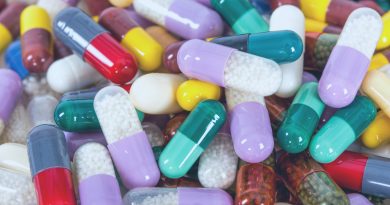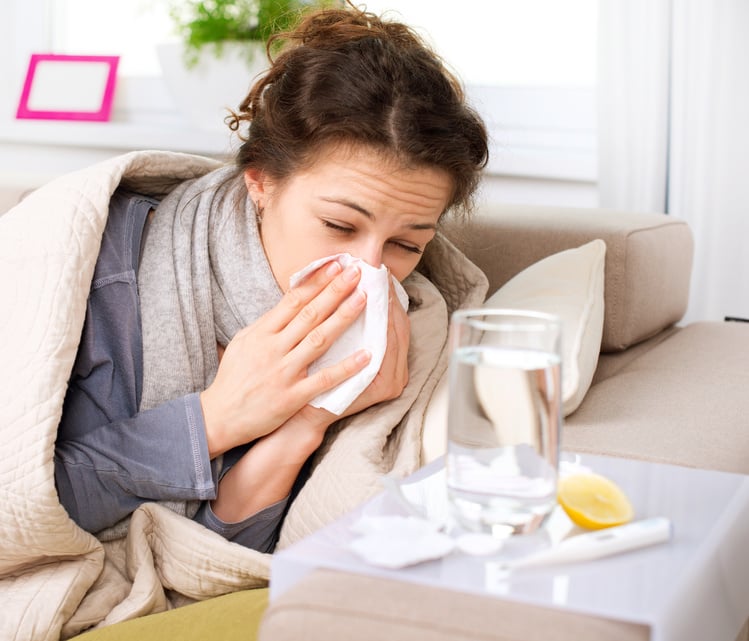6 Skincare Tips to Manage Dry Skin
Our skin naturally produces oil sebum, which is essential for keeping our skin hydrated and protecting the cells from getting infected. When the skin produces sebum in large quantities, it leads to pimples and acne. If not enough sebum is created, it then makes the skin dry.
The appearance of dry skin is quite troubling as it can lead to:
- Itchiness
- Flaky and bumpy skin
- And in some cases, creates red patches
Unfortunately, dryness makes one appear to have dull and rough skin, including a rash on legs. There are several causes of dry skin, some of the most common ones are; dry air, cold weather, smoking, diabetes, excessive washing of the skin, unbalanced skin pH, and other skin conditions like dermatitis, psoriasis, etc.
There are a variety of methods to help combat dry skin. They vary based on how dry the skin is and the effectiveness depends on the skin type. Prescription medication is available to treat dry skin, but for those who would rather explore other options, here are 6 skincare tips that can be extremely helpful.
- Moisturize Daily
If you have dry skin, then moisturizing daily can make your skin a lot better. The key is to use the best moisturizer at the right time, and by best, we mean the one that suits your skin the most. According to experts, the best time to use a skin moisturizer is 5 minutes after you come out of the shower and right before going to bed. Moisturizers include creams, lotions, and ointments. Their purpose is to trap the moisture inside your skin and prevent it from exiting your body. That is why applying them minutes after you have come out of the shower or wash your hands and face is a great idea. There are several natural ingredients that work best in moisturizers, these include:
- Shea butter
- Coconut oil
- Pure aloe vera gel
If you do not want to use over-the-counter products or anything that has chemicals, then using these natural moisturizes can be a great alternative.
- Exfoliation
Our skin naturally develops new cells and gets rid of the old ones. This function occurs regularly but sometimes those dead skin cells get stuck and create dry patches or clogged pores. Exfoliation is the best technique to remove those dead skin cells, as it helps improve your skin’s texture. There are two types of exfoliators; mechanical and chemical. Mechanical exfoliators include facial scrubs, cleansing brushes, and exfoliating washcloths. Chemical exfoliators include Alpha-Hydroxy Acids (AHAs) and Beta-Hydroxy acids (BHAs), these dissolve dead skin cells and remove them from the pores. This process may sound harsh but is very helpful for the skin. You can use mechanical and chemical exfoliators alone or combine them. However, it is important to remember that one should never overdo it with such products. If you are exfoliating for the first time, start with a small area to see how your body is reacting to it.
- Practice Better Bathing Habits
For a person who suffers from dry skin, it is very essential to make sure you are bathing the right way. Those with dry skin should first and most, limit showers to only be 5 to 10 minutes. It is because according to science, spending too much time in water can remove the natural oils from the skin. Also, it is advised to use warm water instead of hot, as hot water can strip sebum off the skin. Some additional tips include:
- Close the bathroom door while showering
- Use gentle cleansers on your skin
- Dry your skin with a towel when you come out
- Immediately apply a good moisturizer to lock-in moisture
- Use a Humidifier
Air conditioning and central heating units remove moisture from the air. So, if you have dry skin then it is better to limit your direct exposure. However, if you must spend your time indoors, use a humidifier. They add moisture back into the air allowing your skin to thrive once again.
- Drink Plenty of Water
According to many studies, drinking large amounts of water is extremely beneficial and keeps your skin healthy, radiant, and younger-looking. Most experts agree that drinking at least eight glasses of water on a daily basis is the best remedy for dry skin. However, depending on your age and level of activity, you may need to consume more.
The skin is an organ made up of cells, and like all other cells in the body, they too, are made of water. So, if you do not consume enough water, your organs and skin will not function properly. Not drinking enough water results in dehydration, which can make your skin dry and flaky. To make sure your skin does not become dry, you need to stay hydrated.
- Use Gentle Skin Care Products
Not all skincare products are made for all skin areas. Some of them can be too harsh and damage dry, sensitive skin. For example, if you have a rash on legs you will need to use a cream meant to treat rashes.
Before you buy your skincare products, make sure you research the ingredients listed on the product. For example, products with high pH levels and artificial fragrances can worsen your skin dryness and cause inflammation. People with dry skin are also advised to avoid deodorant soaps, and products that include retinoids, alcohol, alpha-hydroxy acid (AHA), plastic, and artificial colors. These elements can irritate and dry out the skin, so for those who already have dry skin using these products can only make their situation worse.







Pingback: Stem Cells Skin Care Products to Keep Your Skin Young. - Night Helper